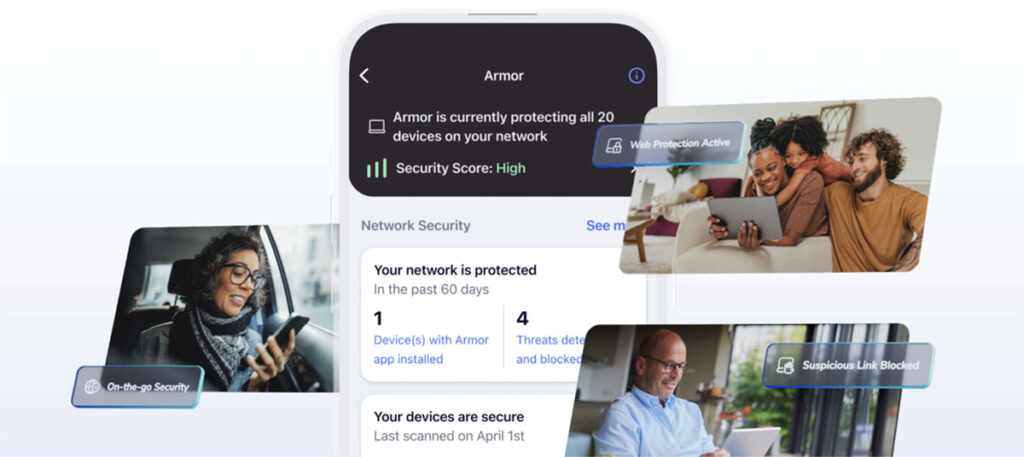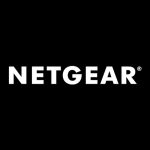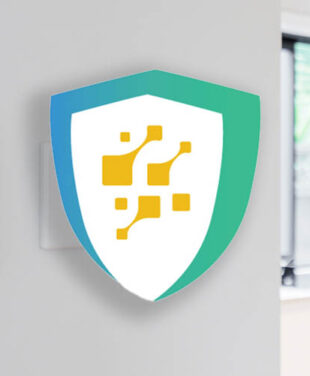The Rise of Cyber Threats to Home Networks
Most internet users don’t know when, where, or how cybercriminals will strike. Fortunately, there are strategies to protect WiFi devices and routers, such as securing IoT devices, using strong SSIDs and passwords, updating firmware, enabling router firewalls and VPNs, and employing additional security features. If yours is an older router, it may no longer be supported, opening the door to hackers.
A NETGEAR Nighthawk WiFi 7 Router or NETGEAR Orbi WiFi 7 Mesh upgrade that includes robust cybersecurity, WPA3 encryption, firmware updates, built-in protection tools, and adaptable security protocols can protect your entire home network.
Why Your Home Network is at Risk
With the increasing use of IoT devices, smart homes offer convenience and multi-functionality. However, the internet connection can also be more vulnerable to phishing, malware, and other methods of unauthorized access. Common targets include smart TVs, security cameras, and smart plugs with weak security settings. NETGEAR Security Landscape Report.
The Importance of Taking Action
The average home in the U.S. today includes 20+ wireless network devices. Along with cyberattacks, many innocent and careless actions can cause major security issues. Routers, IoT devices, and apps can be unprotected and lead to data breaches, identity theft, and financial loss. It’s important to be proactive to prevent outside infiltration of your home devices.

Common WiFi Threats and How to Defend Against Them
To attack a WiFi network, hackers either attack the WiFi connection between client devices and the router; or attack the router directly. Here are seven of the most common WiFi threats, and some home network security tips to defend against common home WiFi security vulnerabilities.
1. Unsecured IoT Devices
Many IoT devices lack robust security features, making them easy targets for malware, botnet, and phishing attacks.
How to Defend:
- Upgrade from your internet service provider’s (ISP) router and modem to NETGEAR WiFi 7.
- Use routers with IoT-specific networks to isolate devices.
- Leverage NETGEAR Armor for real-time threat detection.
- Regularly update IoT device firmware and disable unnecessary internet access.
2. Weak or Default Passwords
Hackers exploit easily guessable, shared, or default passwords such as “Admin” to access networks and devices such as laptops, smartphones, and IoT applications.
How to Defend:
- Create strong and unique WiFi passwords for WiFi and admin access with at least 12 characters, including a mix of letters, numbers, and symbols.
- Change the password or passphrase after any suspected breach or every 3–6 months.
- Log in with two-factor authentication.
3. Outdated Firmware on Routers or Devices
Older firmware may have unpatched vulnerabilities and outdated router settings that hackers can exploit.
How to Defend:
- Use routers with automatic firmware updates, like those offered by NETGEAR.
- Manually check for updates on connected devices regularly.
4. Low or No WiFi Encryption
Networks and public WiFi without WPA3 encryption are susceptible to interception and unauthorized access.
How to Defend:
- Upgrade to routers with WPA3 encryption for enhanced security.
- Consider WiFi 7-ready routers for future-proof protection.
5. Misconfigured Guest Networks
Poorly secured guest networks can be exploited by hackers and allow unintended access to sensitive information.
How to Defend:
- Set up a password-protected guest network and a unique network name.
- Isolate IoT devices and visitor devices on the guest network.
- Disable the guest network and remote access when not in use.
- Don’t give out your router password! Use a guest network if visitors need temporary WiFi access
6. Fake WiFi Networks and DNS Hijacking
Hackers set up fake WiFi names to lure users or use DNS hijacking to redirect web traffic to malicious sites.
How to Defend:
- Verify networks before connecting, especially in public spaces.
- Use NETGEAR Armor’s VPN (virtual private network) for secure browsing.
- Configure DNS settings to use trusted providers like Google or Cloudflare.
7. Unsecure Budget Devices
Cheap, non-branded devices may have poor security measures in place, exposing your network and sensitive information.
How to Defend:
Purchase devices from reputable brands with a history of providing security updates.
Leverage IoT network segmentation and use WiFi protected access to isolate these devices.

Tools and Features to Enhance Your WiFi Security
Built-in Security with NETGEAR Routers
NETGEAR WiFi routers include Armor security which offers real-time protection against malware, phishing, and hacking for all connected devices. Armor includes features like VPN, adblocker, and anti-tracking tools for enhanced privacy.
Automatic Firmware Updates
NETGEAR routers ensure your router and wireless devices are always protected with the latest security patches.
Advanced Encryption and Access Control
Routers with WPA3 encryption provide robust protection against unauthorized access. Features like access control and MAC address filtering help limit connections to approved devices.
Guest and IoT Network Segmentation
NETGEAR wireless routers allow you to create separate networks for guests and IoT devices, reducing risk. Disable remote management when the network is not being used.
NETGEAR’s Privacy and Integrity Commitment
NETGEAR is trusted by millions globally for secure, reliable home networking solutions. No user data is sold to advertisers – NETGEAR Privacy Policy.
FAQs
What are the most common home WiFi security vulnerabilities?
The most common WiFi security threats include weak passwords, outdated router firmware, outdated antivirus protection, unsecured IoT devices, and low encryption levels.
How can I protect my IoT devices from hackers?
Use a router with IoT network segmentation to secure your IoT devices, keep devices updated, and consider advanced security solutions like NETGEAR Armor.
Why do I need WPA 3 encryption for home WiFi?
WiFi 7 with WPA3 encryption provides stronger protection against brute-force attacks and unauthorized access compared to older encryption standards like WPA2.
Should I use a guest network?
Yes, a properly secured guest WiFi network isolates visitor devices and IoT gadgets, reducing overall network vulnerabilities. The NETGEAR App will help you set up your home network and show you how to set up a secure guest network.
How does NETGEAR Armor improve WiFi security?
NETGEAR Armor security features are powerful, providing real-time threat detection, VPN for secure browsing, and additional tools like adblocker and anti-tracking to protect connected devices.
Conclusion: Protect Your Home WiFi with Confidence
Cyber threats to home WiFi networks are increasing, targeting IoT devices, weak passwords, outdated firmware, and more. Following best practices like enabling WPA3 encryption, securing IoT devices, and updating firmware can help protect your home WiFi network. With features like NETGEAR Armor, automatic firmware updates, and IoT network segmentation, NETGEAR WiFi 7 routers provide industry-leading protection and peace of mind.
Integrity and Trust:
NETGEAR is recognized as the first line of defense against cybercriminals and home WiFi threats. NETGEAR is considered to be among the world’s most trustworthy companies according to Newsweek. Learn more about NETGEAR’s commitment to security and governance on our ESG Governance page – Professional Integrity.






